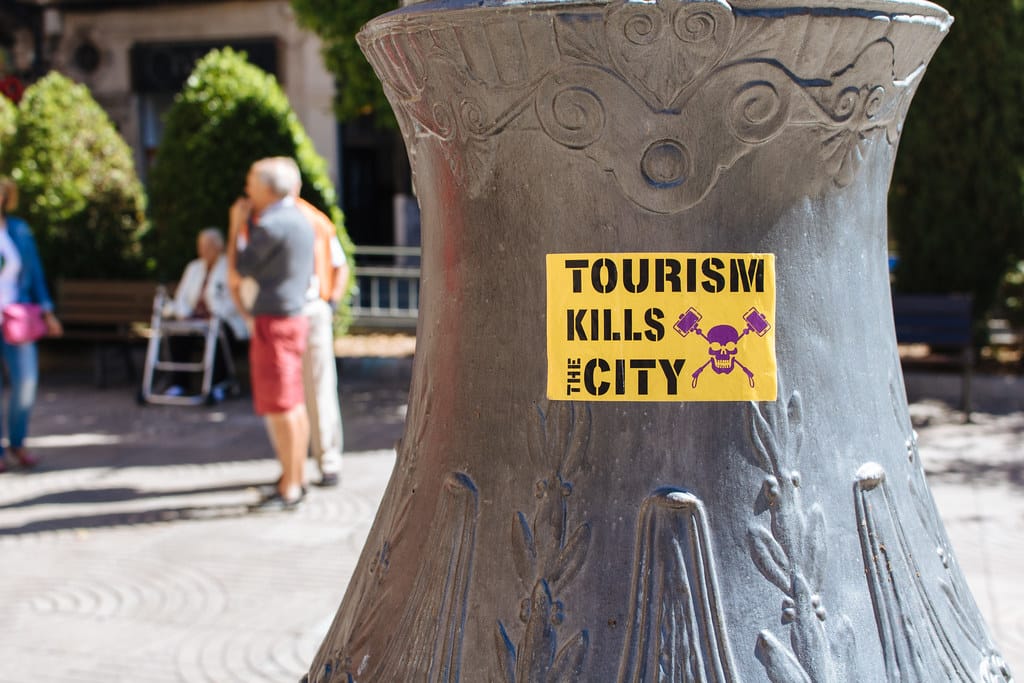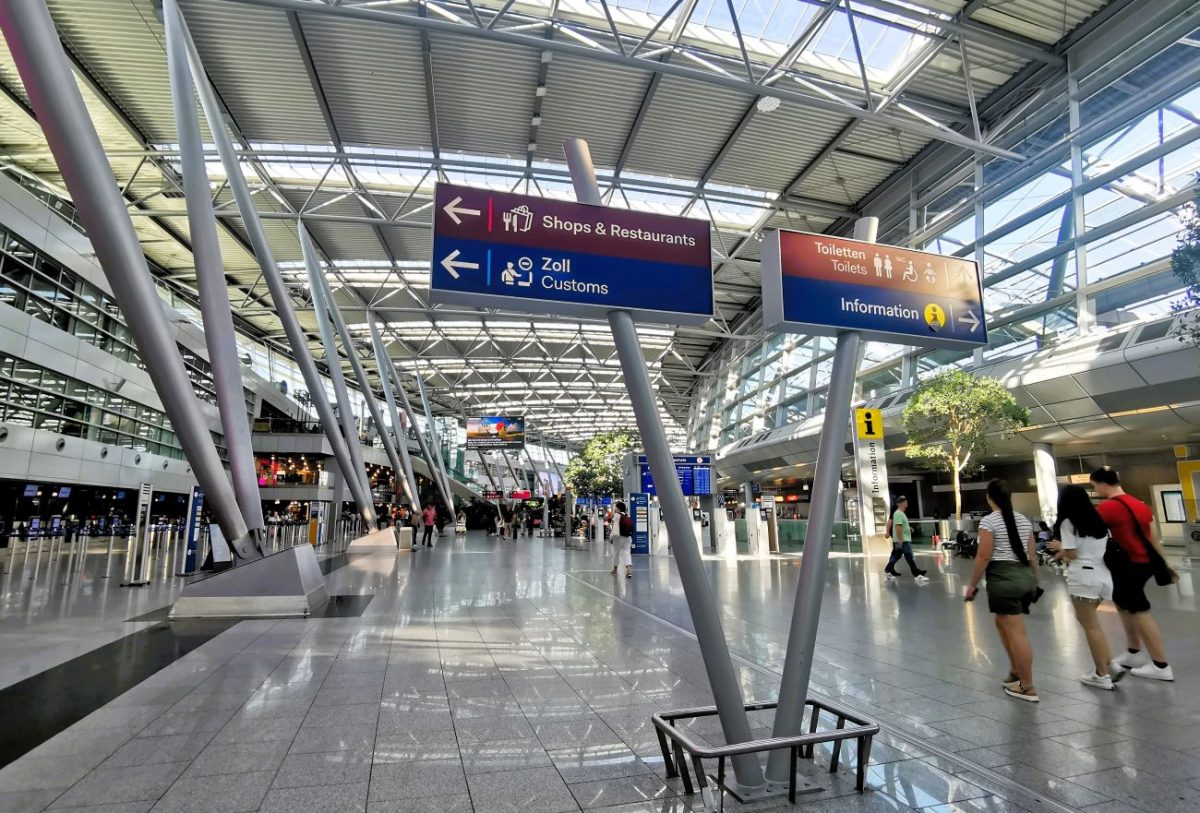The Impact of Anti-Tourism Protests and Regulations on Europe’s Top Holiday Spots

The idyllic landscapes, rich history, and diverse cultures of Europe have long been a magnet for tourists worldwide. However, in recent years, a wave of anti-tourism protests and stringent regulations have swept across the continent, threatening the allure of some of the most beloved holiday hotspots.
In Barcelona, a city that welcomed over 30 million tourists in 2019, residents have been protesting against overtourism for years. The city’s Gothic Quarter, once a quiet residential area, has been transformed into a bustling tourist hub, leading to skyrocketing rents and the displacement of locals. In response, the city council has imposed a moratorium on new hotels and launched a campaign to promote responsible tourism.
Similarly, in Venice, a city that receives more than 20 million tourists annually, the local government has introduced an entry fee for day-trippers to curb the overwhelming influx of visitors. The city has also banned large cruise ships from docking in the city centre, a move that was applauded by UNESCO and environmental activists.
In Amsterdam, another city grappling with overtourism, the local government has taken drastic measures to protect its historic city centre. The city has banned new souvenir shops and tourist accommodations in the city centre, increased tourist taxes, and launched a campaign to encourage visitors to explore less crowded areas.
These anti-tourism protests and regulations are not isolated incidents but part of a larger trend across Europe. According to a study by the European Travel Commission, 52% of Europeans believe that their governments should implement measures to manage tourism more effectively. The study also found that 70% of respondents believe that tourism has a positive impact on their local economy, but 38% feel that it also has negative effects, such as increased living costs and environmental degradation.
This growing backlash against tourism has significant implications for the travel industry. For travel agents, tour operators, and hotel managers, it means that they need to rethink their strategies and adapt to the changing landscape. It’s no longer enough to offer attractive packages and competitive prices; they also need to consider the social and environmental impacts of their operations.
For instance, they could promote off-the-beaten-path destinations to distribute tourists more evenly and alleviate pressure on popular hotspots. They could also adopt sustainable practices, such as reducing waste and carbon emissions, to minimize their environmental footprint. Moreover, they could engage with local communities and contribute to their well-being, for example, by sourcing locally and hiring local staff.
While these measures may require additional efforts and investments, they could also open up new opportunities. According to a survey by Booking.com, 72% of travellers are more likely to book accommodation if they know it’s eco-friendly. Similarly, a study by the World Travel & Tourism Council found that destinations that manage tourism well can boost their competitiveness and attract more high-spending tourists.
The rise of anti-tourism protests and regulations in Europe is a wake-up call for the travel industry. It’s a call to strike a balance between the economic benefits of tourism and the social and environmental impacts it brings. It’s a call to transform tourism into a force for good, for both travellers and host communities.
Related News Stories: Mass Tourism Hunger Strike in the Spanish Canary Islands TravelTech Show: AI a top priority for travel investment New data highlights economic impact of London Gatwick Singapore rolls out global MICE campaign Why Is Airbnb Pausing Experiences? – TravelMole Ponant contributes to Macquarie Island conservation project Arival – TravelMole New FAA probe: Boeing aircraft testing records ‘may be falsified’ Malaysia Airlines warns of further losses – TravelMole Hays Travel’s rebranded tour operator makes waves
Related News Stories: Anti-Tourist Protests - Rick Steves Travel Forum The summer that tourism fell apart How will the recent anti-tourist protests in Spain affect the future of ... Is the anti-tourism in Barcelona really that bad? : r/travel 'A point of no return:' Why Europe has become an epicenter for anti ... The Misunderstood Rise of Anti-Tourism in Europe Rio Seems to Be Avoiding Anti-Tourism Impacting Other Cities - Rio ... Anti-tourist backlash in Europe causes cruise ships to change course Fed Up With Tourists, European Hotspots Impose Bans, Fines And ... Giorgio Campo on LinkedIn: Should Countries Reward Good Tourist ...
LarryJun 09, 2024 06:20 AM
I note the sentence: "In Barcelona, a city that welcomed over 30 million tourists in 2019, residents have been protesting against overtourism for years," and find that it is oxymoronic. Those in the travel industry and in travel reporting should stop using the word "welcomed" so carelessly, and consider whether it truly fits the place being described. Barcelona surely welcomes tourists - but it seems not an additional number that is above what residents can reasonably accept. And the same goes for other cities and small towns around the world where the volume of tourism is (at best) a divisive issue.
Log in to ReplyHave your say Cancel reply
Subscribe/Login to Travel Mole Newsletter
Travel Mole Newsletter is a subscriber only travel trade news publication. If you are receiving this message, simply enter your email address to sign in or register if you are not. In order to display the B2B travel content that meets your business needs, we need to know who are and what are your business needs. ITR is free to our subscribers.








































Airlines suspend Madagascar services following unrest and army revolt
TAP Air Portugal to operate 29 flights due to strike on December 11
Qatar Airways offers flexible payment options for European travellers
Airbnb eyes a loyalty program but details remain under wraps
Air Mauritius reduces frequencies to Europe and Asia for the holiday season